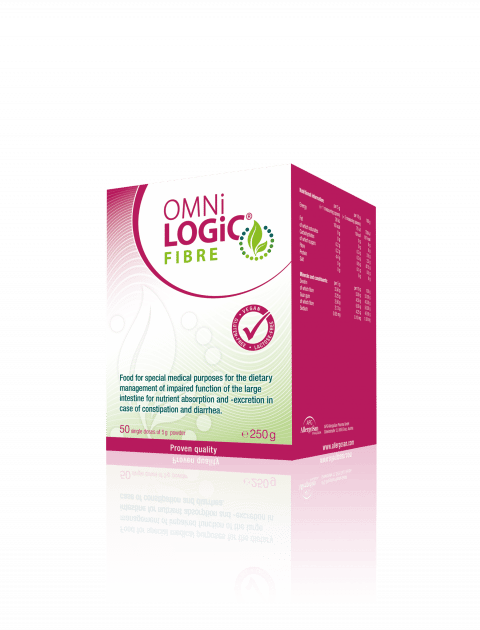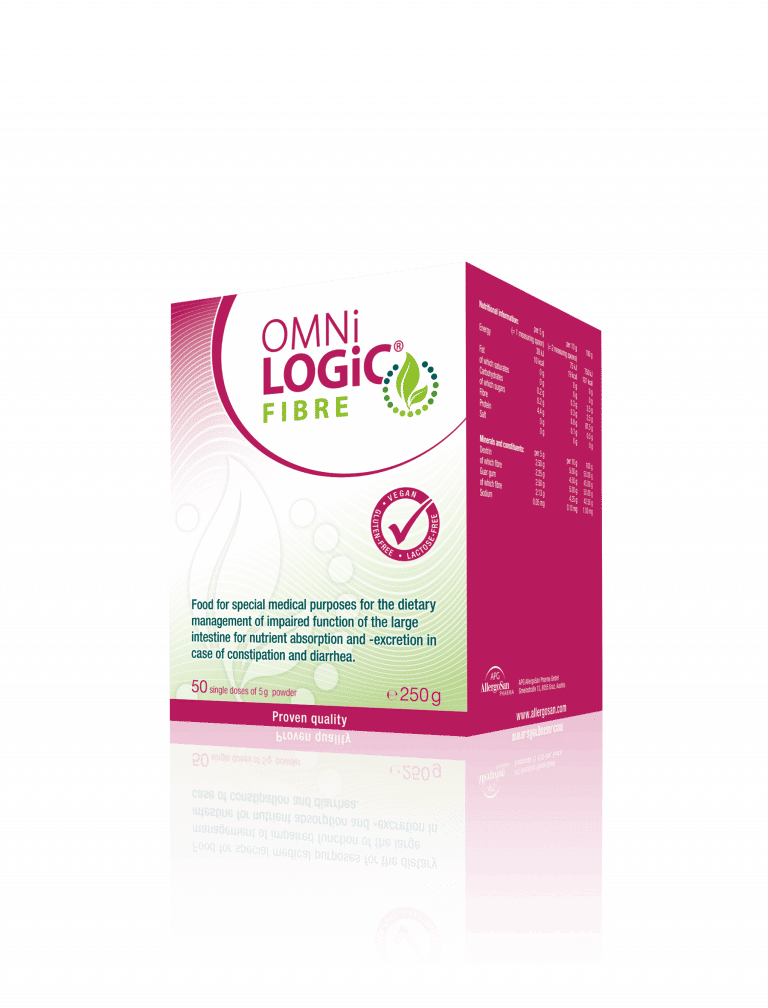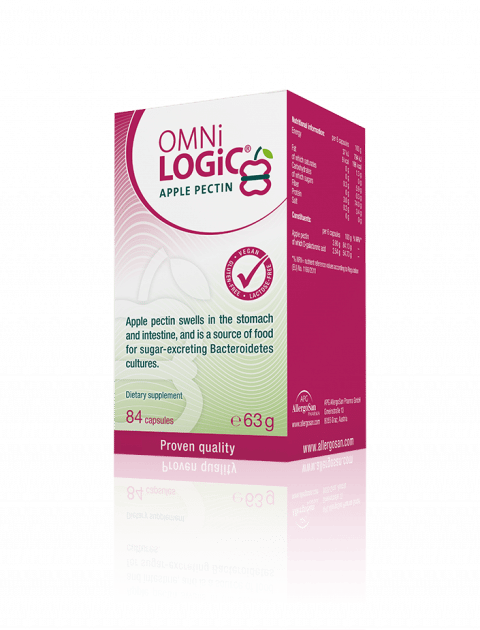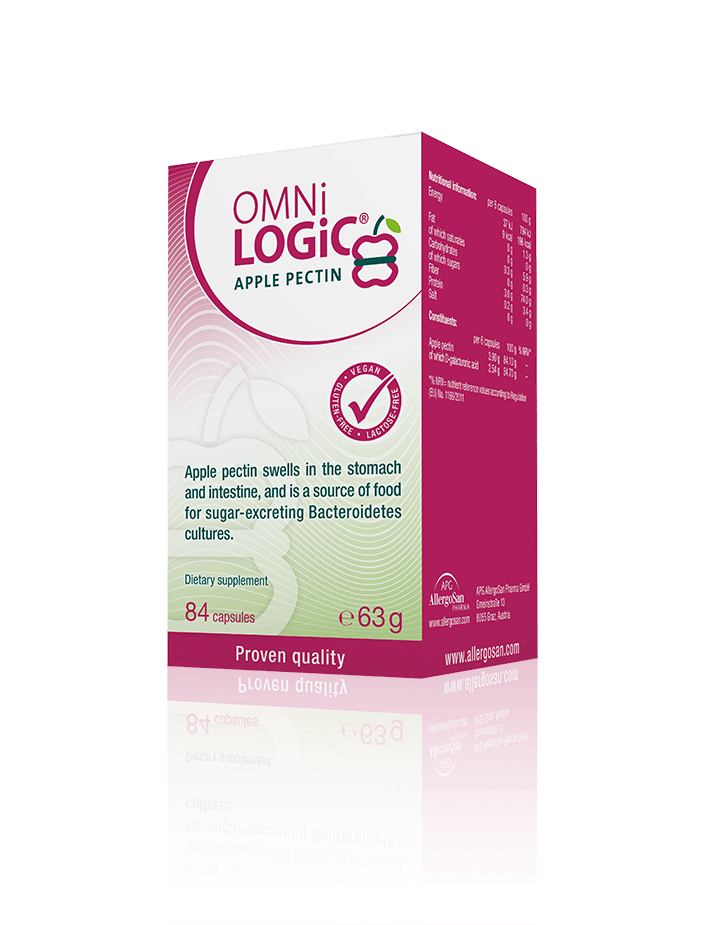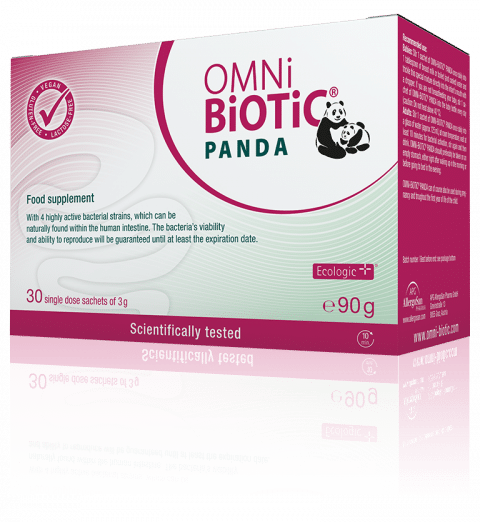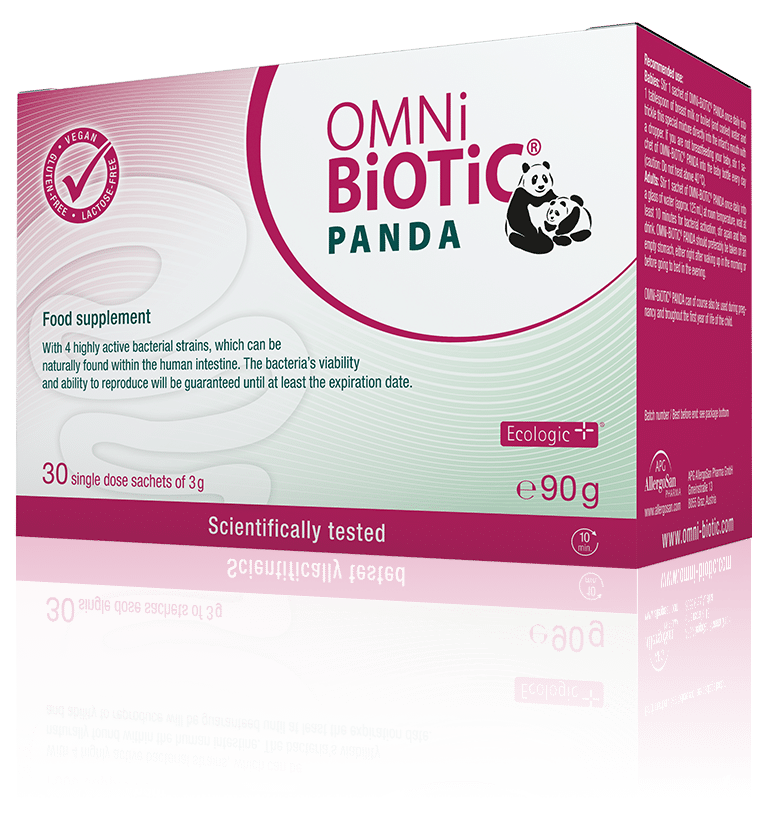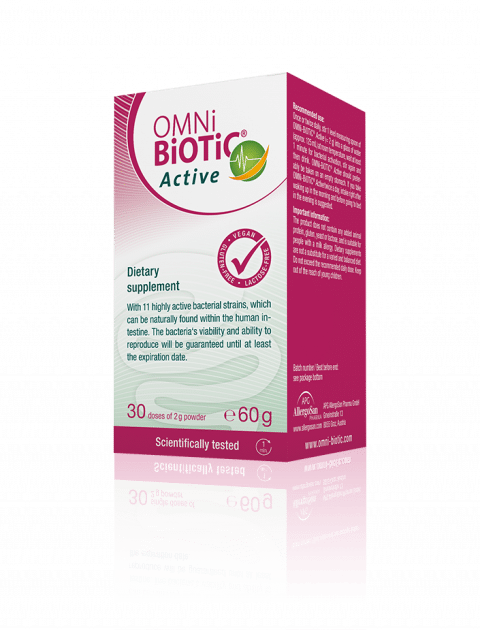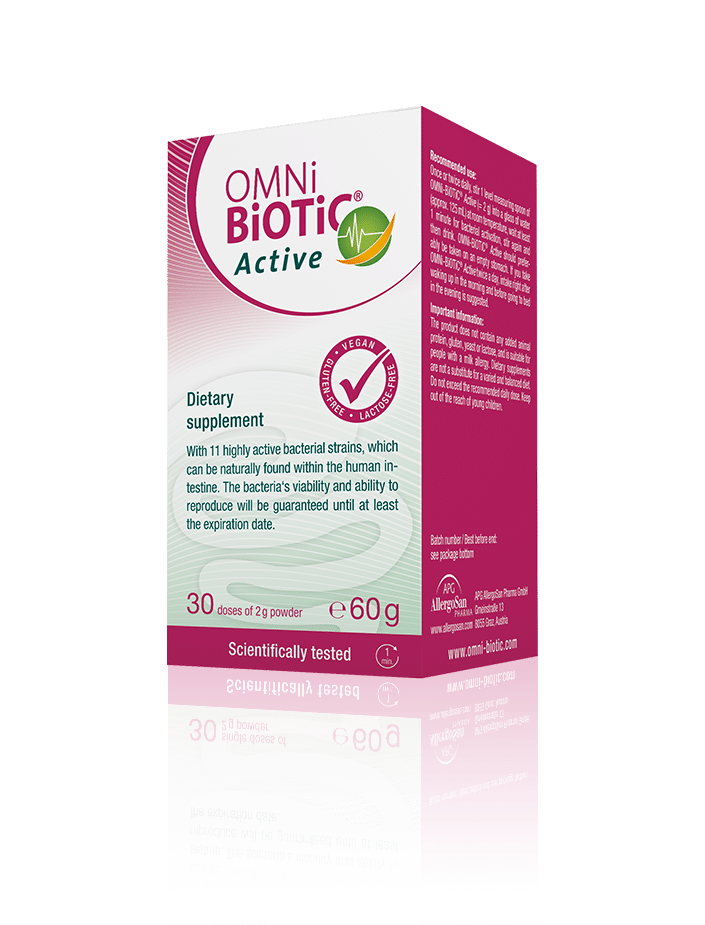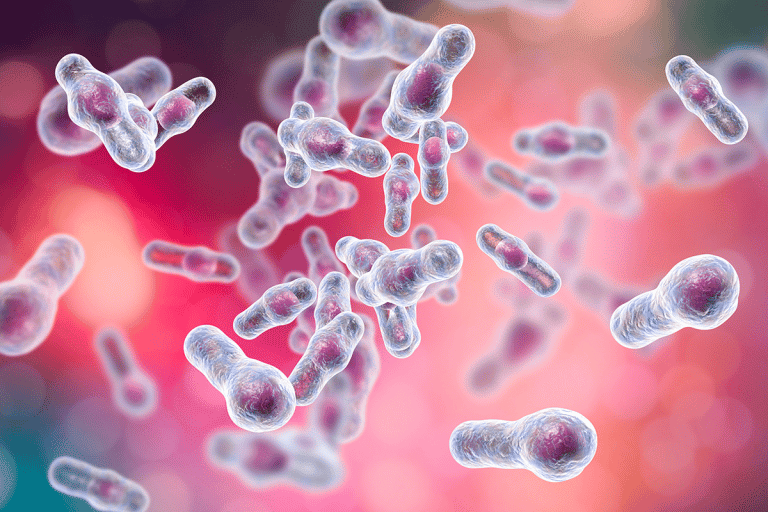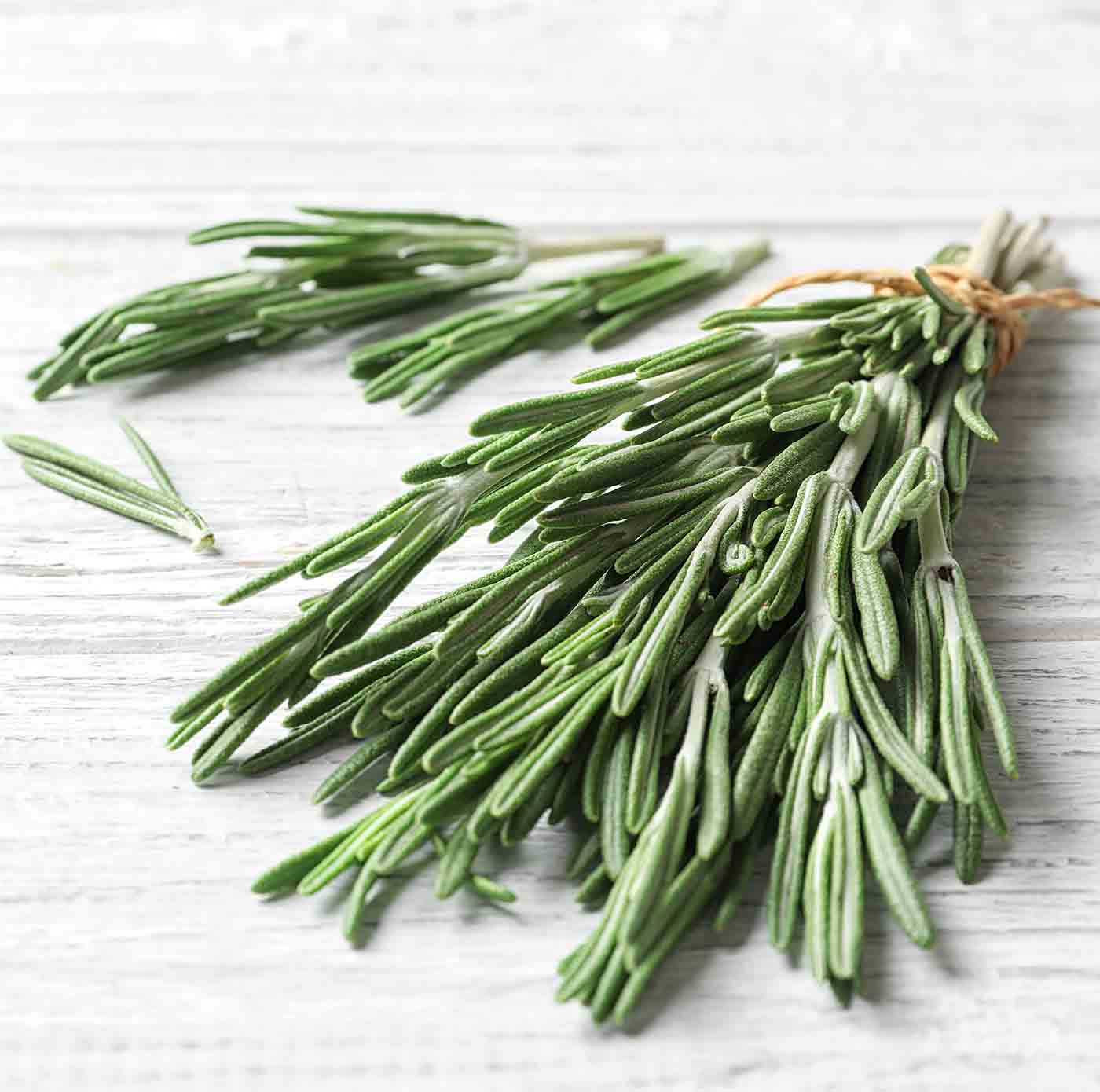
Secondary plant substances
Secondary plant compounds (so-called phytamines) are certain chemical compounds that are found exclusively in plant foods.
Many of them have a positive effect on health and complement the effect of essential nutrients. Along with dietary fibres, secondary plant compounds are among the so-called bioactive substances and are extremely diverse in their biological functions. According to estimates, there are more than 50,000 secondary plant compounds and their best-known representatives include carotenoids, polyphenols or flavonoids. Secondary plant compounds play an important role for our health, especially due to their antioxidant and anti-inflammatory properties. They are useful for neutralising harmful free radicals and are therefore important for the effective protection of our cells and cell components.

They thus provide a protective function for our body, which is why they can be used to prevent a wide range of diseases and ailments. Scientific research shows that the secondary plant substances optimally complement the essential vital substances in their effect and thus play a significant role in the health of the human body. Polyphenols are the most interesting secondary plant substances from a nutritional point of view. In laboratory studies, they show a strong antioxidant effect of food components and activate certain genes that encode radical-scavenging proteins.
The bioavailability of secondary plant compounds is highly variable. For example, polyphenols appear to be favourably influenced in their bioavailability by heat exposure and particle size reduction during processing and by the presence and absence of certain nutrients.

